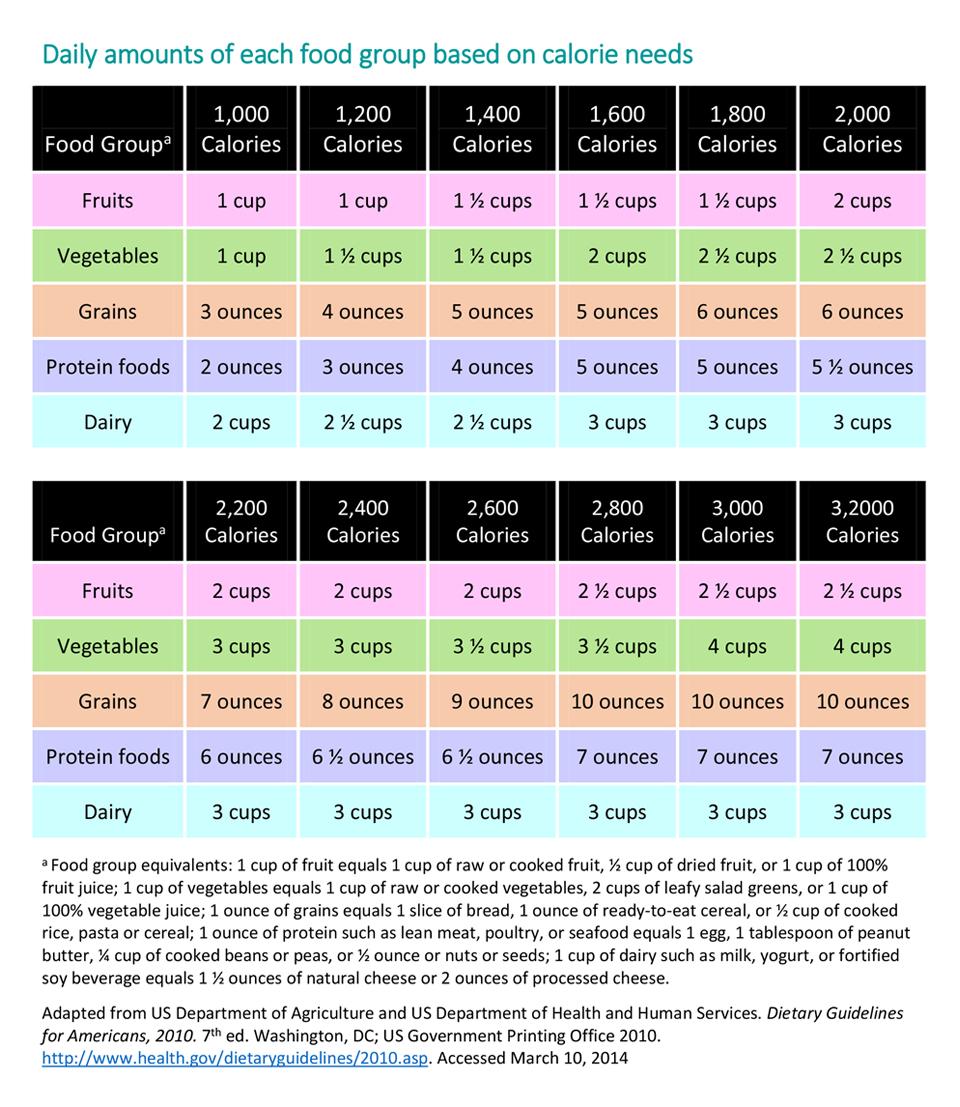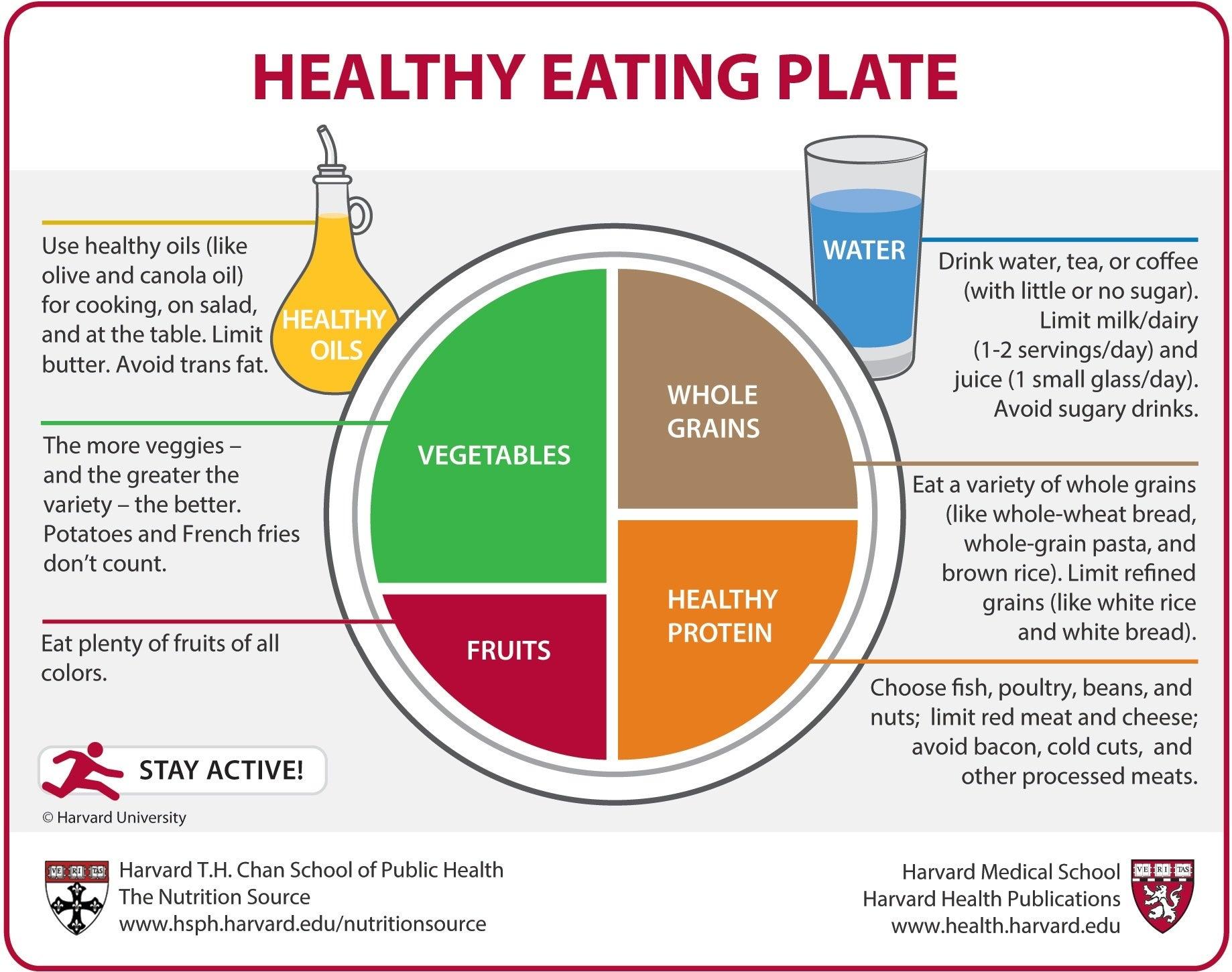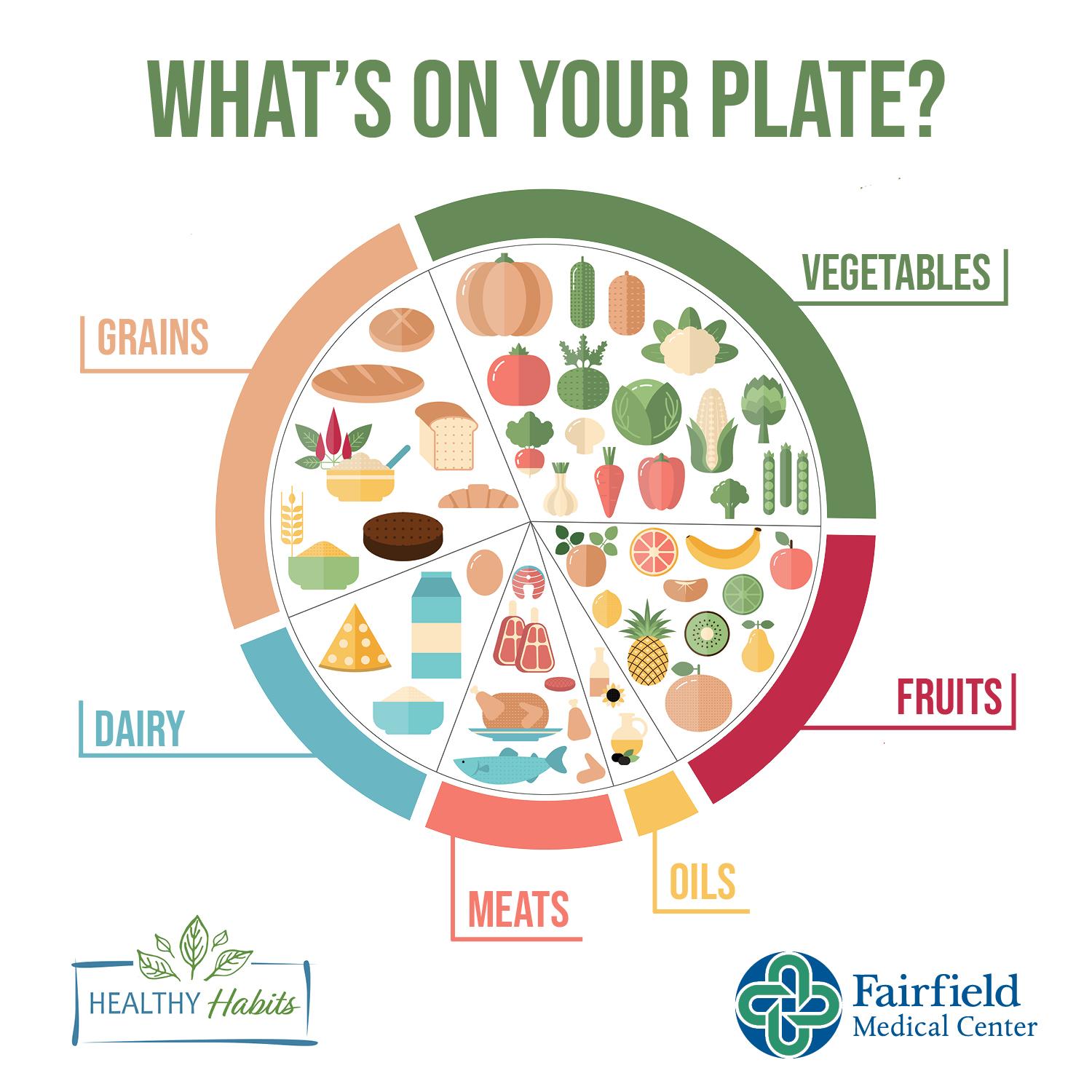Have you ever found yourself staring into the fridge late at night, wondering why it feels so hard to stick to your weight loss goals? You’re not alone. Many of us struggle with finding the right balance between enjoying our favorite foods and working towards a healthier lifestyle. This article is here to help you navigate those bumps in the road with practical tips and strategies that actually work. From simple changes you can make in your daily routine to mindset shifts that can keep you motivated, we’ll cover a range of approaches tailored to your unique journey. So, if you’re ready to feel empowered and find some real solutions for your weight loss challenges, keep reading. You might just discover something that resonates with you!
Understanding Your Caloric Needs for Effective Weight Loss
Imagine waking up one day and realizing that the secret to effective weight loss isn’t as elusive as it seems. Rather than plunging into a sea of fad diets or endless gym sessions, understanding your body’s specific caloric needs can be the game-changer you’ve been searching for. Have you ever thought about how your energy expenditure varies day to day? It turns out, factors such as age, gender, activity level, and metabolism play a significant role. For instance, on days you engage in more physical activity, your body craves extra fuel. Knowing how to adjust your caloric intake accordingly can help you create a sustainable balance that supports weight loss while still allowing for the energy you need to power through your day.
Now, let’s break down the mechanics a bit. It’s not just about cutting calories; it’s about understanding what caloric deficit means for you personally. A common misconception is that less food always translates to more weight loss. However, this approach can lead to muscle loss or a slowed metabolism. So, how do you gauge your caloric needs accurately? Start with the Mifflin-St Jeor Equation, a widely recognized formula that factors in your height, weight, age, and gender. With this, you can calculate your Basal Metabolic Rate (BMR), which tells you how many calories your body needs at rest. Then, take it a step further by factoring in your activity level to find your Total Daily Energy Expenditure (TDEE).
Utilizing this data effectively can transform your weight loss journey from confusing guesswork into a structured plan. Here are a few actionable steps to consider:
- Track Your Progress: Use apps or a food diary to monitor your caloric intake and keep your goals in sight.
- Prioritize Nutrient-Dense Foods: Focus on foods that provide more vitamins and minerals for fewer calories, like leafy greens and lean proteins.
- Stay Hydrated: Sometimes, our bodies confuse thirst for hunger; drinking enough water can help mitigate excessive snacking.
Understanding your caloric needs isn’t just about numbers; it’s about regaining control and developing a lifestyle that honors your body’s unique requirements. So, dive in, play with your numbers, and find what works best for you. Knowledge is your most effective tool!

Incorporating Balanced Nutrition to Fuel Your Body
When it comes to fueling your body, many people think of nutrition purely as a means to an end—weight loss, muscle gain, or achieving that one-size-fits-all ideal. But have you ever considered that the act of nourishing yourself is more than just a strategy? It’s a lifestyle choice that can empower your entire well-being. Imagine waking up each day not just feeling lighter but also energized, focused, and ready to tackle whatever comes your way. Shifting your mindset from viewing food as merely a tool for weight loss to recognizing it as a vital source of energy can be a game changer. Have you ever noticed how a wholesome meal can make your afternoon slump disappear? That’s not a coincidence; it’s science!
To effectively incorporate balanced nutrition into your routine, start by evaluating your current eating habits. Are you reaching for quick fixes like sugary snacks, or are you investing in whole foods that provide sustained energy? Making small adjustments can lead to significant changes. Here are some actionable tips:
- Prioritize Color: Fill your plate with fruits and vegetables of various hues. Different colors often indicate a range of nutrients—think of the rainbow effect!
- Listen to Your Body: Pay attention to how certain foods make you feel. Are you sluggish after that heavy meal? It might be time to swap it out for something lighter.
- Whole Grains Over Refined: Choose whole grains for a slower, more sustained energy release. Foods like quinoa, brown rice, and whole wheat bread not only fuel you longer but also keep your digestion on track.
It’s also crucial to address common myths surrounding nutrition. Many believe that eating healthy is synonymous with eating bland, tasteless meals. I challenge you to explore new spices and cooking techniques. For instance, adding a dash of turmeric not only elevates your food but also supplies anti-inflammatory benefits. Did you know that research published in the Journal of Nutrition suggests that a spice-rich diet may actually enhance weight loss and overall health? This is where your culinary curiosity can thrive! By experimenting with flavors and ingredients, you’ll likely find yourself not only enjoying your meals more but also realizing that a balanced diet isn’t a punishment; it’s a delicious opportunity.

The Importance of Regular Exercise and Finding What You Love
Imagine this: it’s a brisk Saturday morning, and you’re out cycling with your friends, laughter flowing as freely as the wind through your hair. It’s not just about the exercise; it’s about the joy of movement and connection. Many people associate exercise with grueling workouts and restrictive routines, but it doesn’t have to be that way. Finding an activity you love transforms exercise into an adventure rather than a chore. Whether it’s dancing, hiking, or martial arts, discovering your passion makes it far easier to stick with it. Consider how different forms of exercise can fit into your life. Can you picture yourself trying out a dance class or exploring a new trail? Embrace the fun aspects of being active, and you’ll soon realize it’s not just beneficial for your body but also for your mind and spirit.
Research shows that engaging in activities you enjoy can significantly enhance motivation and overall well-being. According to a study published in the Journal of Health Psychology, participants who found joy in their physical activities were more likely to maintain regular exercise habits over time. So, how do you identify what you truly love? Start by experimenting. Take a week to try different activities—perhaps a yoga class on Monday, a hike on Wednesday, and a local Zumba session on Friday. Pay attention to how each makes you feel. By treasure-hunting through various options, you not only cultivate a routine that fits your life but also spark a genuine enthusiasm for staying active.
Once you uncover your preferred activities, consider integrating them into a broader lifestyle change that promotes health and well-being. This doesn’t mean rigid scheduling; rather, it involves establishing a routine that emphasizes movement throughout the day. Simple practices like walking during lunch breaks, taking the stairs, or participating in community sports can ramp up your activity level without feeling overwhelming. To support your journey, set specific goals—for instance, aim to walk 10,000 steps a day or challenge a friend to a friendly dance-off. These small yet impactful changes lead to a healthier lifestyle that’s sustainable over the long term. Remember, it’s about nurturing a love for movement, ultimately paving the way for effective weight loss and a happier you. Curious about more ideas? Check out the CDC’s recommendations on physical activity!

Healthy Habits to Support Sustainable Weight Loss
When it comes to weight loss, many of us have heard of flashy diets or the latest fitness crazes, but the true key to sustainable weight loss lies in establishing healthy habits that fit your lifestyle. Think about it: would you rather jump from one diet to another like a yo-yo, or create lasting changes that become part of who you are? Embracing small, achievable steps can lead to significant transformations over time. For instance, replacing sugary drinks with water or herbal teas not only cuts calories but also boosts hydration—a win-win! If you’re feeling adventurous, try infusing your water with fruits or herbs to keep things exciting.
Speaking of keeping things exciting, how often do you engage in physical activity that you actually enjoy? Instead of viewing exercise as a chore, look for activities that make you feel invigorated. Whether it’s dancing in your living room, hiking with friends, or joining a local sports team, movement shouldn’t be a punishment, but rather a celebration of what your body can do. According to a study by the American Psychological Association, people who choose enjoyable physical activities are more likely to stick with them long-term. So, what’s stopping you from picking up that old pair of roller skates or trying out a new fitness class? Your future self will thank you!
Lastly, let’s talk about mindfulness and its incredible role in weight loss. Have you ever scanned a plate of food while scrolling through your phone, only to realize you’re too full to enjoy the last bites? Practicing mindful eating isn’t just about savoring each mouthful; it’s about understanding your body’s hunger cues and the signals it sends you. Research suggests that paying attention to your meals can significantly decrease overeating and emotional eating. Try setting aside distractions during meals and focus on the textures and flavors of your food. You might be surprised by how much you truly enjoy what’s on your plate. Remember, sustainable weight loss isn’t about perfection but progress—every mindful choice counts! For more insights, check out this guide from the USDA’s MyPlate initiative.

Mindfulness and Emotional Eating: Strategies for Success
Emotional eating can often feel like an uphill battle, especially when it comes to making mindful choices during stressful times. Think about the last time you reached for a snack after a long day. Was it hunger, or was it the comfort you sought? Recognizing the difference is the first step toward mastering emotional eating. Mindfulness invites us to sit with our feelings rather than stuffing them down with food. By simply pausing to reflect before reaching for that bag of chips, you can ask yourself: “Am I really hungry, or am I looking for comfort?” This simple practice not only enhances self-awareness but can significantly reduce those mindless eating binges that often lead to regret. It’s about creating space for a conscious choice instead of an automatic response.
Once you’re able to recognize those moments, integrating mindfulness techniques can help redirect your focus. Try engaging in a five-minute breathing exercise before meals or snacks. Close your eyes, take deep breaths, and visualize how you want to feel after eating. This can help clear your mind and settle any emotional turbulence you may be experiencing. Another strategy is to keep a food diary that not only tracks what you’re eating but also how you’re feeling at the time. Often, writing it down can reveal patterns you weren’t previously aware of. Are those late-night cravings tied to boredom or stress? Observations like these empower you to address the root causes instead of merely treating the symptoms.
remember that practicing mindfulness isn’t about perfection; it’s about progress. Instead of demonizing “bad” foods, strive for balance. Make it a goal to savor every bite of your meals—think flavor, texture, and aroma. This enhances enjoyment and can lead to smaller portion sizes when you truly appreciate what you’re eating. Celebrate small victories; even the act of choosing a piece of fruit over a cookie can be a triumph worth recognizing. For more insight, consider exploring research from organizations like the National Institutes of Health, which supports the benefits of mindful eating. By making mindfulness a cornerstone of your weight loss journey, not only can you transform your relationship with food, but also cultivate a deeper connection with yourself.
Looking Ahead
As we wrap up our exploration of weight loss strategies, it’s clear that making sustainable lifestyle changes can lead to genuine transformation. Whether it’s adopting mindful eating habits, incorporating regular movement into your day, or finding community support, small adjustments can pave the way to achieving your goals. Now, think about what resonates most with you from this discussion—what’s one thing you’re excited to try or revisit on your journey? I encourage you to take a step, however small, towards those healthier choices you’ve considered, and remember that every positive action counts. Share your experiences and thoughts; I’d love to hear how you’re making strides towards a healthier you! Remember, this journey isn’t just about shedding pounds; it’s about embracing a richer, more vibrant life. Keep pushing forward—you’ve got this!





